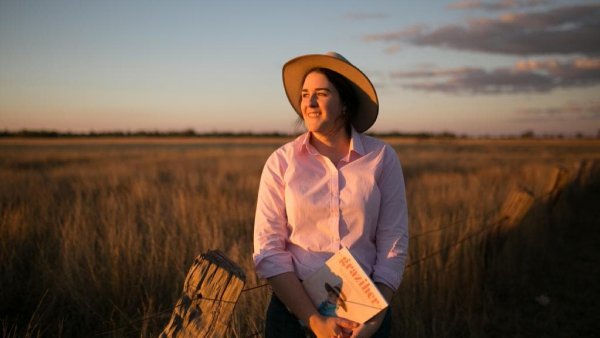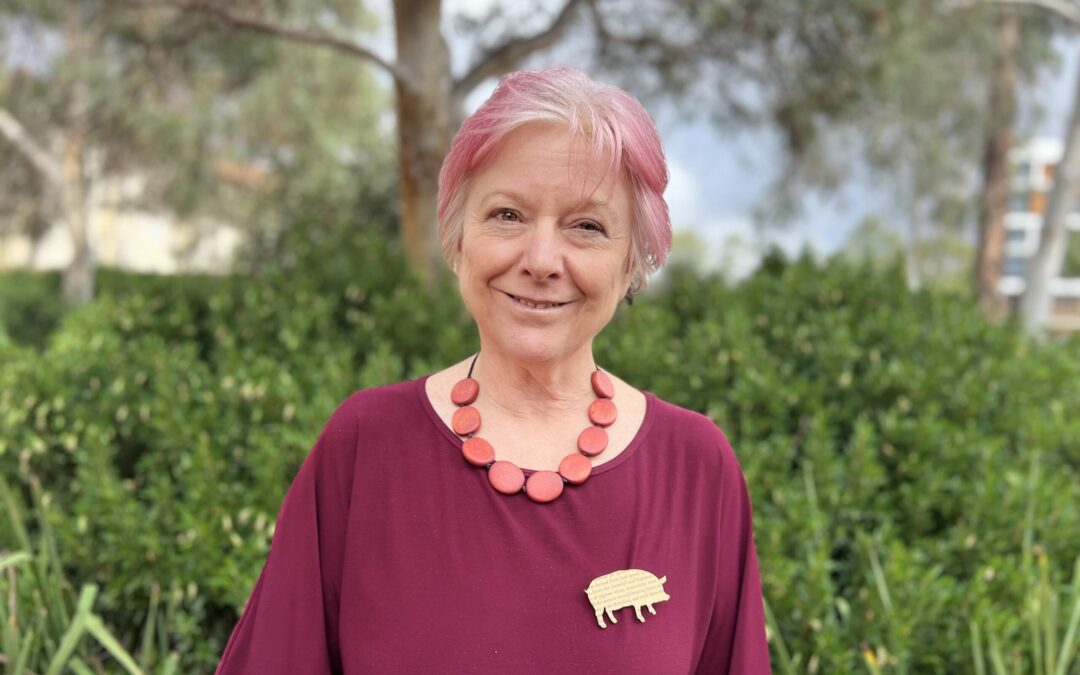In early May, the Deputy Prime Minister, Michael McCormack joined with the CEO of Regional Australia Institute, Liz Ritchie, to launch the Regional Australia Council 2031. The council is made up of 10 large corporations and was established to encourage “more people to move out of the cities & live, work & invest in regional Australia“.
Drilling down on the makeup of the council, we see the 10 representatives are men. Men 10, women zip. Once again, the government’s stated commitment to achieving “50-50 representation on all Australian government boards” is missing in action, mindlessly ignored.

Michael McCormack, centre
As the newly appointed Co-Directors of the 50/50 by 2030 Foundation we are appalled. The foundation’s vision is singular and uncompromising: that by the year 2030 men and women will be equally represented in leadership and key decision-making roles at all levels of government and public administration throughout Australia and across the region.
The announcement of an all-male team of Regional Australia Council 2031 is a stark reminder of how much work is needed to raise consciousness around gender issues throughout Australia
Energised by the support of the University of Canberra to expand the foundation into its second phase of operation, we are aware of the challenges ahead in achieving its objectives. The announcement of an all-male team of Regional Australia Council 2031 is a stark reminder of how much work is needed to raise consciousness around gender issues throughout Australia and more importantly to think through how to achieve this important objective of gender equity.
The council’s composition resonates with a story we heard from a young woman scientist soon after we started in February. She told us of how she was invited to a meeting of senior industry stakeholders in her area of expertise. As the only woman present, at the end of the meeting she courageously raised the question of the diversity in the room. The men looked around and couldn’t see the problem – all areas of the industry were represented.
Why should it matter?
Breadth of representation improves the quality and strength of decision making in any organisation. How can an all-male group possibly factor in the myriad of issues, challenges and concerns of women in rural Australia – from every stage and walk of life?
 This is myopic at best, patronising at worst. Moreover, women make up (slightly more than) 50 per cent of the population, including in regional Australia and as a matter of justice and equity, those women should be represented.
This is myopic at best, patronising at worst. Moreover, women make up (slightly more than) 50 per cent of the population, including in regional Australia and as a matter of justice and equity, those women should be represented.
The Regional Australia Council 2030 is no different. The corporations in the council would all – one hopes – have women in their ranks with the professional and life experience to bring to the table.
The council purports to be focused on four pillars – jobs, population, liveability and people and leadership. Yet the council membership is comprised solely big infrastructure corporations which, from the get-go, ignores the importance of social infrastructure in creating prosperous, productive and vibrant communities.
 Despite several decades of political commitment to equal opportunity, and various policy initiatives aimed at increasing the representation of women in leadership and key decision-making roles across all levels of government and public administration, progress has been slow. Many would say glacial.
Despite several decades of political commitment to equal opportunity, and various policy initiatives aimed at increasing the representation of women in leadership and key decision-making roles across all levels of government and public administration, progress has been slow. Many would say glacial.
Small gains have been celebrated and tepid targets reached, but many of these achievements remain patchy and vulnerable to the vagaries of political power and influence. This most recent announcement reminds all of us who want better public leadership that we need to call out decisions to appoint 10 men and no women to a publicly funded council. This is not in the best interests of regional Australia.
Nor does it assist with the latest figures on how the government portfolios are tracking in achieving the policy objective of 50-50 gender balance on government boards. Infrastructure, Transport, Cities and Regional Development are the worst performing of all, at less than 35% compared to the overall rate of 47.8%.
There is a long way to go and the Regional Australia Institute should ask each of the corporations involved to immediately recommend a woman to represent them at the table to at least ensure five of the 10 members of the council are women.
This article was also published in The Canberra Times, 20 May 2020
Kim Rubenstein is a Professor in the Faculty of Business Government and Law at the University of Canberra, which has supported the production of the new podcast series It’s not just the vibe, It’s the Constitution. She is a Fellow of the Australian Academy of Law and the Academy of Social Sciences in Australia.





